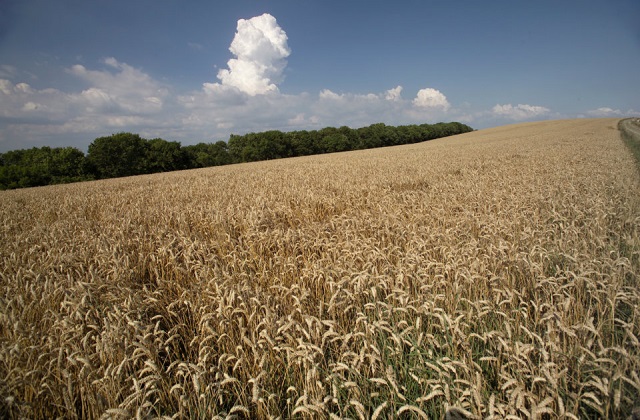Government support for Finn's Law

Today the Government has announced its support for the Finn’s Law campaign Bill in Parliament.
The Finn’s Law campaign takes its name from the brave police dog stabbed while pursuing a suspect with his handler PC David Wardell.
The Animal Welfare (Service Animals) Bill, which has been published in Parliament by Sir Oliver Heald MP and is scheduled for its second reading today, offers greater protection for courageous service animals such as police dogs and horses attacked in the line of duty.
The news has been positively reported across media including by BBC News Online, Sky News, Express, the Times, Guardian and the Sun.
The widespread coverage references the Secretary of State’s support for the campaign as well as widely quoting PC Wardell saying the Bill was his way of ‘saying thank you to Finn for saving my life and to the many others for the truly outstanding and brave work they do everyday’. Further information is available on gov.uk.
Multi-million pound boost for the UK’s crops

Today Environment Secretary Michael Gove has announced a funding package, worth around £5.3 million, to help boost the resilience, sustainability and quality of UK crops – wheat, pulses, oilseed rape and leafy vegetables.
The funding will go to four leading agricultural research centres – University of Warwick, University of York, John Innes Centre and Rothamsted Research, which are part of Defra’s Crop Genetic Improvement Networks (GINs).
The announcement has been covered so far by FarmingUK and Bdaily.
Environment Secretary Michael Gove said:
Developing new technology is crucial to making sure our farmers can continue to grow world-class produce in an environmentally friendly way.
Through this new fund, I hope to see the creation of new and innovative growing practices and crop protections so we can truly unlock the potential of our food and farming industries.
Since their creation in 2003 Defra’s GINs have:
- Increased crop resistance to pests and diseases such as orange blossom midge and turnip mosaic virus
- Improved the relationship between industry leaders and UK academics in oilseed rape improvement
- Enhanced pea crops to generate high-quality animal feed
- Used data available to maintain and improve datasets of carrot, onion, brassica and lettuce
Professor Ian Bancroft, who leads the agricultural research centre at the University of York, said:
We aim to support industry in long-term, sustainable rapeseed production by utilising UK expertise in plant genetics to better understand specific crop traits. Innovation through these networks is essential if we are to see growth in healthy crop production.
Professor Claire Domoney, who leads on pulse crop research at the John Innes Centre, said:
I am delighted that Defra has made this long-term funding commitment to the Pulse Crop Genetic Improvement Networks.
This funding will see the results of fundamental science developed into practical outcomes, ensuring farmers and growers are equipped with the tools they need to produce the most resilient pulse crops.
Find out more about the government’s long-term agri-tech strategy on gov.uk.
McDonald’s to introduce paper straws in UK restaurants

Today there has been widespread media coverage of Environment Secretary Michael Gove’s praise for McDonald’s and their decision to remove plastic straws and introduce paper alternatives in their UK restaurants. This has been reported by, BBC News Online, Sky News and CBBC Newsround.
The fast food company will rollout paper straws from September in 1,361 restaurants across the UK and Ireland according to the Daily Mail.
And the Telegraph reports the paper straws will be produced in the UK by start-up Transcend Packaging based in Wales, and Huhtamaki, a global company which will produce the straws at its plant in Belfast.
In April, the Government announced it would ban the sale of plastic straws following a consultation later this year, and committed to working with industry to develop alternatives.
Environment Secretary Michael Gove said:
Congratulations to McDonald’s on making this significant contribution to help our natural environment. We all have a responsibility to our environment and this simple yet effective initiative is a fine example to other large businesses. McDonald’s has made a significant investment in UK manufacturing to produce an alternative to plastic, showing British businesses are taking a global lead.
We want more companies to say no to unnecessary single use plastics. Through our 25 Year Environment Plan we have committed to eliminating avoidable plastic and we will continue to take decisive action to protect our precious environment.
Paul Pomroy, chief executive of McDonald's UK and Ireland said in the Evening Standard:
The Government's ambitious plans, combined with strong customer opinion, has helped to accelerate the move away from plastic and I'm proud that we've been able to play our part in helping to achieve this societal change.